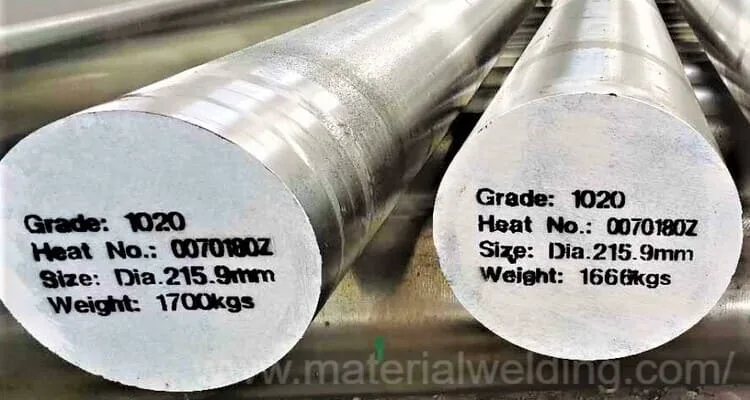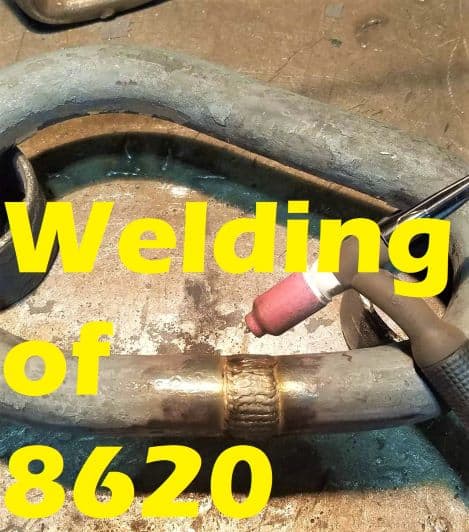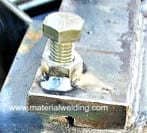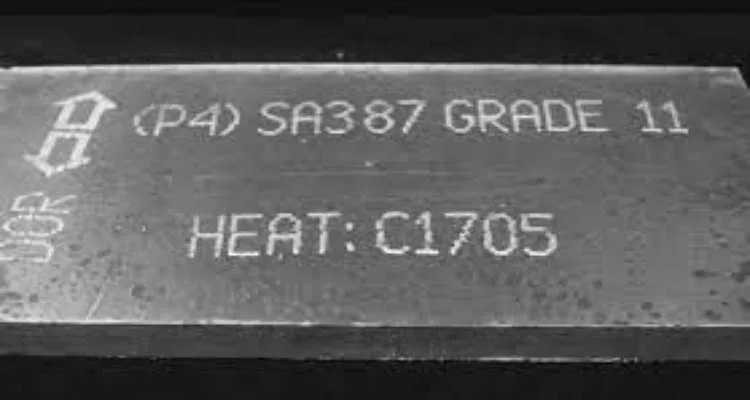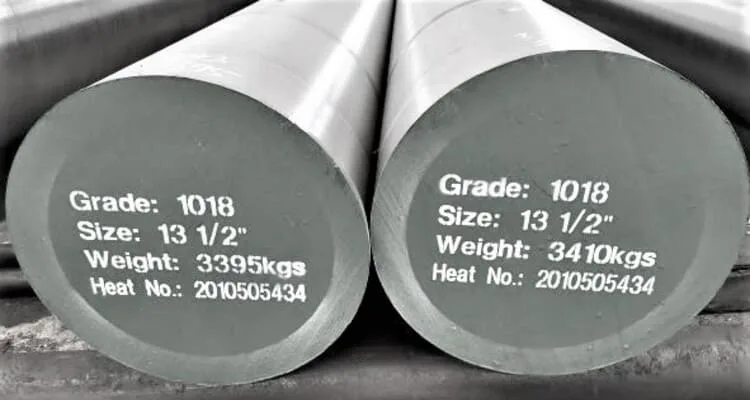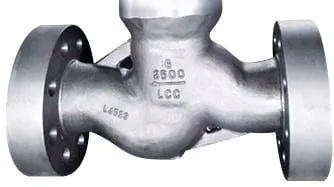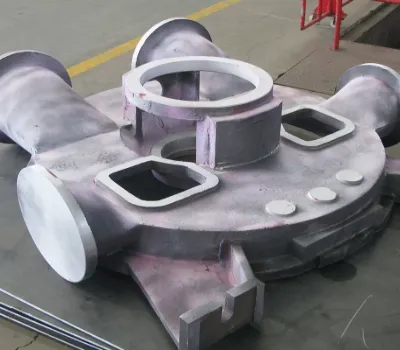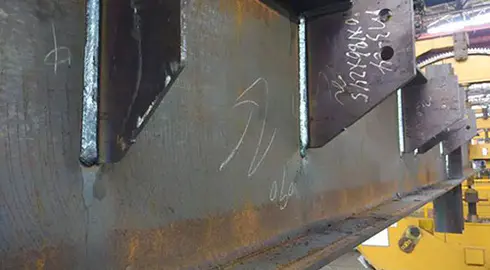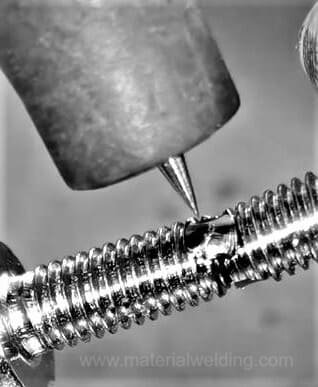ASTM A108 Steel Welding
ASTM A108 Steel Welding need understanding the characteristics of ASTM A108 steel and how to weld it properly is essential to creating quality welds with this material. There are different grades of material under ASTM A108 specifications such as:
- Grade 1015
- Grade 1018
- Grade 1020
- Grade 8620
While Grade 1015 to 1020 are simple carbon steel, Grade 8620 is low alloy steel and having difficult to weld if right procedure is not followed.
ASTM A108 Grade 8620 This type of steel is used in many applications, including construction, automotive, and heavy machinery parts manufacturing- mainly for shafts that need to withstand high torque.
ASTM A108 Steel Grade 8620 is a 0.5Ni–0.5Cr–Mo low alloy steel supplied in Bar form with high strength and toughness.
ASTM A108 Steel Equivalent Materials
ASTM A108 Grade 8620 Steel UNS Number is G86200. The equivalent materials of ASTM A108 Grade 8620 Steel are:
- AISI 8620
- AMS 6274
- DIN 1.6523
- MIL S-8690
- ASTM A646
- ASTM A331
- SAE J404
- UNI 20 NiCrMo 2
ASTM A108 Chemical Compositions
ASTM A108 is a standard material specification for cold-finished carbon and alloy steel bars in the shape of rounds, squares, hexagons, and flat bars.
This material is composed of different chemical elements that give ASTM A108 its unique characteristics.
The main chemical components that make up ASTM A108 Grade 8620 include carbon, manganese, phosphorus, sulfur, silicon and chromium and listed below:
- Carbon %: 0.18–0.23%
- Manganese%: 0.70–0.90
- Silicon %: 0.15 to 0.35
- Nickel %: 0.40–0.70
- Chromium %: 0.40–0.60
- Molybdenum %: 0.15–0.25
- Sulfur %: .040
- Phosphorus %:0.035
ASTM A108 Grade 8620 Mechanical Properties
ASTM A108 Grade 8620 Mechanical Properties depends on the type of heat treatment given to the material.
| Properties | Metric |
|---|---|
| Tensile strength, Ksi (MPa) | 76 (530) |
| Yield strength, Ksi (MPa) | 56 (385) |
| Toughness, Joules | 115 J (84.8 ft.lb) |
| Hardness, Brinell | 149 |
| Hardness, Knoop | 169 |
| Hardness, Rockwell B | 80 |
| Hardness, Vickers | 155 |
ASTM A108 Grade 8620 Weldability
ASTM A108 steel is a medium carbon-Low alloy steel made up of iron and other chemical elements like chromium, Nickel, Molybdenum, manganese and silicon.
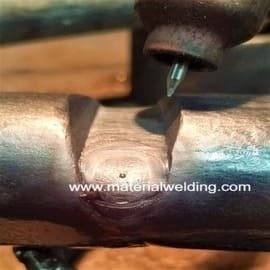
Its chemical makeup allows it to be heat treated for strength or malleability depending on the application it’s being used for.
It has a tensile strength of between 50-75 ksi (kilopounds per square inch). When welding ASTM A108 steel, preheating the metal before welding can help reduce weld cracking during cooling as well as tough microstructure.
Welding A108 Steel Grade 8620
Welding of ASTM A108 Grade 8620 is carried out using E7018 stick welding rod or with high strength welding rods such as E9018-G and E9018-M types.
TIG welding of A108 can be carried out using ER70S-6 or high strength filler rods such as ER90S-G.
The most important factor to consider when welding A108 Steel Grade 8620 is that it requires a preheat temperature between 250-400°F (121-204°C).
This helps prevent cracking during the cooling period after welding. The heat input should be kept lower than 1.5 kJ/mm, and the interpass temperatures should be held a maximum of 600 °F (315 °C).
It’s also important that welders use low hydrogen electrodes with a diameter of at least 1/8 inch (3 mm).
Welding Preheat- Interpass Temperature for ASTM A108 Steel
Apply a welding preheat temperature between 250-400°F (121-204°C) for welding ASTM A108 Grade 8620 material.
This will prevent hard microstructure formation and thus mitigate the risk for weld & HAZ Cracking.
When welding with stick make sure to use only low hydrogen electrodes and with proper baking.
Click here for WELDING ELECTRODES BAKING REQUIREMENTS.
